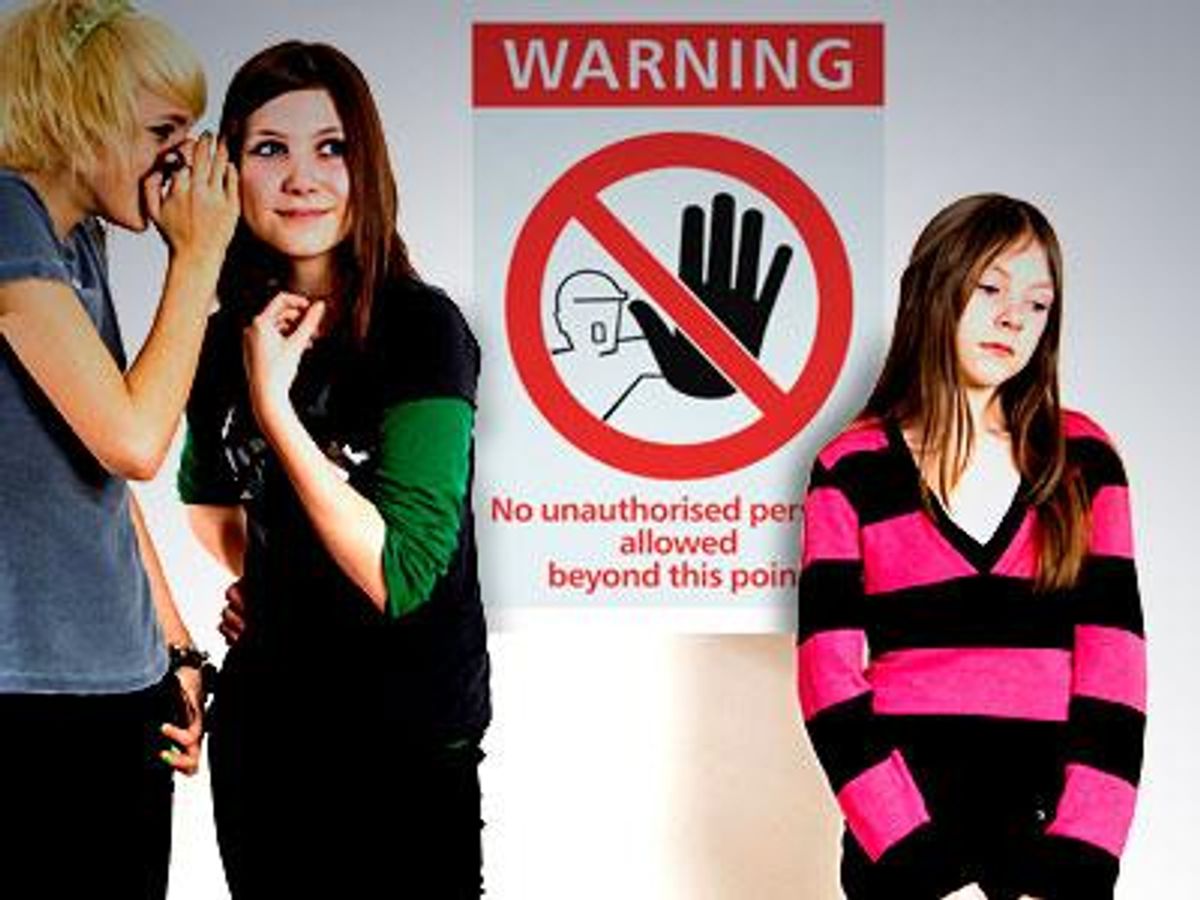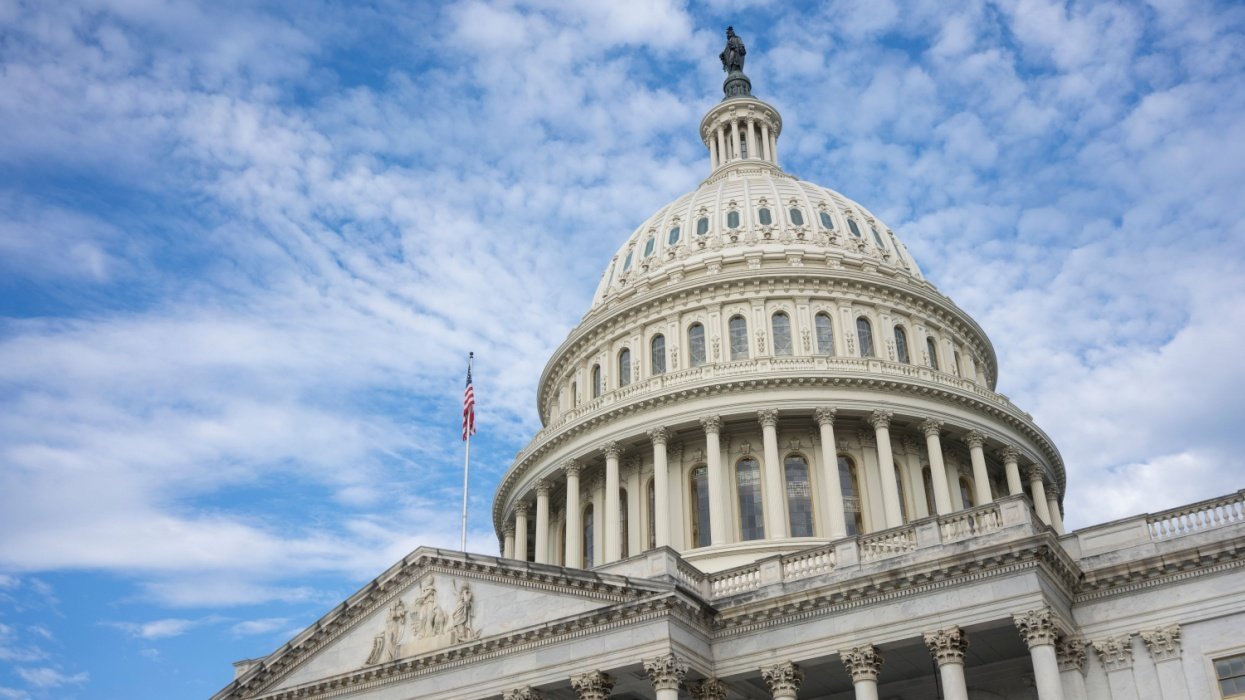Utah State Rep. Michael Kennedy introduced legislation Thursday that would block transgender individuals from using public facilities that correspond with their identity, while also aiming to redefine the term "gender."
Kennedy's bill, HB 87, "defines 'gender' for the Utah Code; defines other terms; prohibits a student from using a gender-segregated public school that does not correspond to the student's phenotype," according to the bill's official summary. If passed, the legislation would also require school districts to adopt a matching provision in their own policies.
HB 87 does include provisions that would allow schools to provide "alternate bathroom accommodations" for transgender students upon request, but as has been determined in several courtrooms over the past year, alternate accommodations are not truly equal accommodations.
As defined in HB 87, "Gender" is the "either male or female phenotype designation of an individual as documented by the individual's birth certificate," or "a signed, written documentation from a physician... that, based on a physical examination of the individul's genitalia, designates the individual phenotypically as either male or female." The definition concludes that "'Gender' does not mean an individual's own opinion of [their gender]."
A medical doctor by profession, Kennedy joined Utah's House of Representatives earlier this year after running on a platform promising to reduce the role of government in citizens' everyday lives. However, this legislation would require invasive, government-mandated genital checks in order for transgender individuals to regain the right to use public restroom facilities that correspond with their identities.
The bill's redefinition of "gender" also appears to conflate the word -- which generally refers to the socially ascribed attributes of "masculine" and "feminine" -- with biological or phenotypal "sex," which refers to one's chromosomal makeup and sex organs.
The fate of the legislation remains unclear, as Utah lawmakers have recommended a moratorium on LGBT-specific legislation as the state mounts its case against marriage equality.

















































































